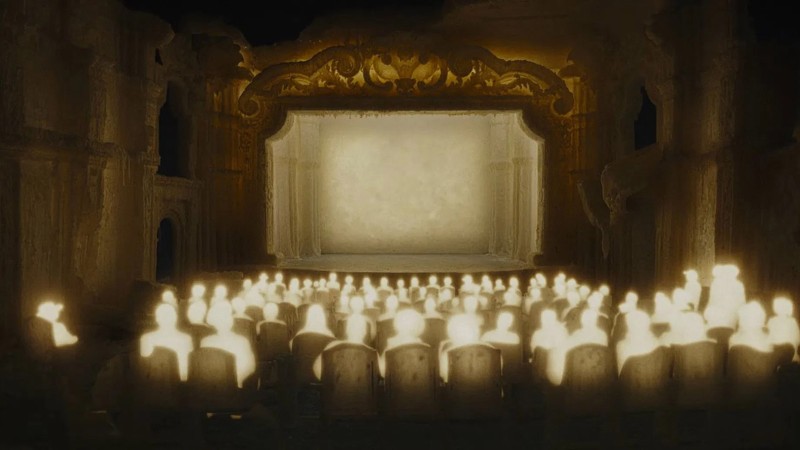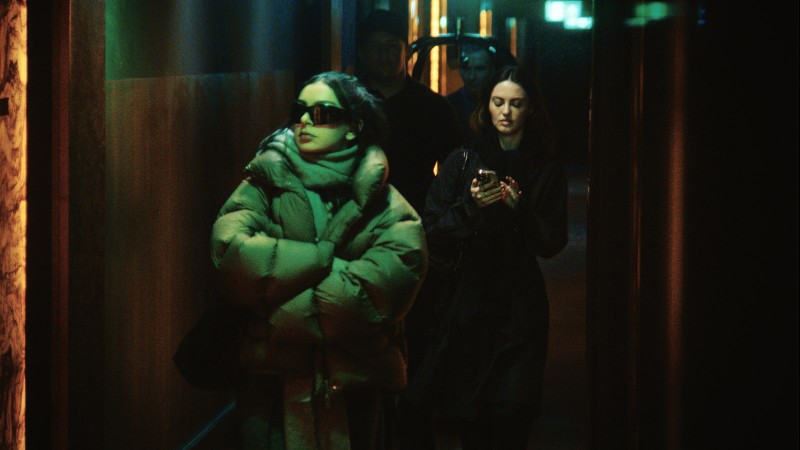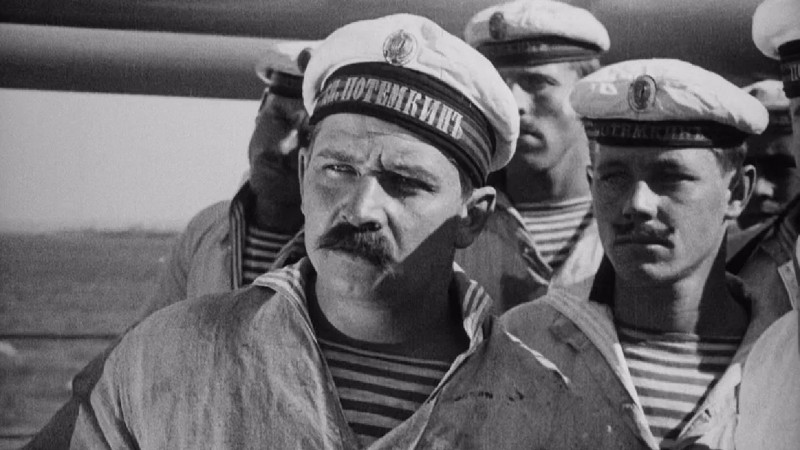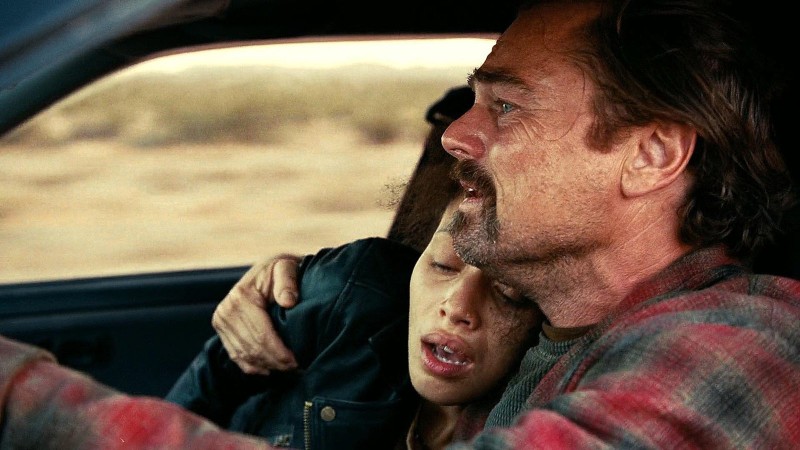Dreams of the Future

When Alan Riding profiled Michel Blanc for the New York Times in 1995, the actor, director, and cofounder of the Parisian theater company Le Splendid had just won the award for Best Screenplay in Cannes for Grosse fatigue, a comedy starring Blanc as himself and his own double as well as several other prominent figures playing themselves, including Carole Bouquet, Philippe Noiret, Charlotte Gainsbourg, and Roman Polanski. Blanc, who has passed away at the age of seventy-two, is probably best known for playing the title role in Patrice Leconte’s Monsieur Hire (1989), but he also worked with Bertrand Tavernier, André Téchiné, Claude Chabrol, and Jean-Pierre Mocky, and he won a Best Actor award in Cannes for his performance in Bertrand Blier’s Ménage (1986).
- “The proposition that our last, best hope for the future is a benevolent ruling-class technocracy ushering us into a new Eden of ’90s CD-ROM game graphics is not a particularly stirring one,” writes Nick Pinkerton at 4Columns. “Yet Megalopolis can be deeply moving, a spend-it-all splurge crackling with cinematic bravado.” Megalopolis opened last Friday, and reviews are all over the map. Ticket sales have not been great. But we’ve been here before with Francis Ford Coppola. Contributors to In Review Online have been revisiting the oeuvre, film by film, and reminding us that One from the Heart (1982) isn’t the only Coppola film that critics and audiences took a while to catch up with. For Screen Slate, A. S. Hamrah talks with Coppola about stopping time, live cinema, the decline of journalism, the role of debt in the studio system, and his sincere hopes for humanity. “Let’s play together and be joyous together,” Coppola says, “and it will invent the wonderful future.”
- Of all the films marking their fiftieth anniversaries this year, none, it seems—not even Coppola’s The Conversation or The Godfather Part II—have been reexamined in such depth recently as Tobe Hooper’s The Texas Chain Saw Massacre. In the Guardian, Scott Tobias suggests that “the soul of the film comes through on the soundtrack,” and its “ambience still blankets American culture, the low hum (and occasional random shriek) of media malevolence.” Post45 gathers essays from six writers, and collectively, they’ve got a lot on their minds. The Texas Chain Saw Massacre can be viewed “as an origin point of post-’60s filmic political representation, a means of ‘screening insurrection,’” write editors Johanna Isaacson and Michael Truscello in their introduction.
- “So now here I was, this guy from the South Side of Chicago who’s only made one movie, sitting in the room with Martin Scorsese and Bob De Niro and Al Pacino, and there’s a knock at the door and who’s there but George Lucas [laughs].” Talking to Erik Luers at Filmmaker, John McNaughton recalls the meeting that led to the making of Mad Dog and Glory (1993) but not before the conversation in the room turned to Peter Watkins’s 1964 docudrama Culloden. The one movie McNaughton had made before was Henry: Portrait of a Serial Killer (1986). Now in his midseventies, McNaughton has stories to tell about pairing De Niro with Bill Murray, losing prints, the films that didn’t get made, and those that did—including Wild Things (1998) and The Harvest (2013)—which, he notes, seem to “become so much more comedic with age. It’s like the shock wears off and the humor shines through.”
- Omar Ahmed, whose book The Revolution of Indian Parallel Cinema in the Global South (1968–1995): From Feminism to Iconoclasm will be out early next year, has programmed Rewriting the Rules: Pioneering Indian Cinema after 1970, a series running at the Barbican in London through December 12. For the BFI, Amed presents a guide to five filmmakers: Shyam Benegal, who “helped to redefine how women should be represented in Indian cinema”; Mrinal Sen, “a pivotal figure”; John Abraham, whose four films are “damning critiques of a putrid, rotting system in which all kinds of orthodoxies like caste, religion, and feudalism remained uncomfortably entrenched”; Govindan Aravindan, “possibly the most accomplished visual filmmaker of the Parallel Cinema movement”; and Mani Kaul, whose best films “blend abstraction with minimalism, striving for a kind of philosophical inquiry into the realms of what he labelled a sensuous cinema.”
- The new Brooklyn Rail features a special section devoted to tributes to the late sculptor Richard Serra; Rebecca Turner on Basma al-Sharif’s Deep Sleep (2014), an experimental short which will screen as part of the Anthology Film Archives series Landscape Cinema: Poetics and Politics (October 17 through 19); Laura Valenza on Kazik Radwanski’s Matt and Mara; and a dossier on the hundredth anniversary of Surrealism. You have to wonder what the Surrealists might have made of this astonishing AI-generated video, which as Jason Kottke points out, is obviously invested with zero forethought or emotional input—and yet evokes the experience of a dream far more effectively than any other cinematic dream sequence that comes to mind.



